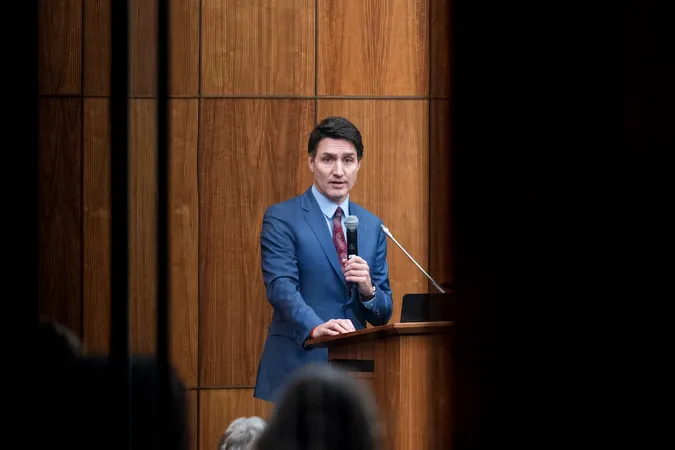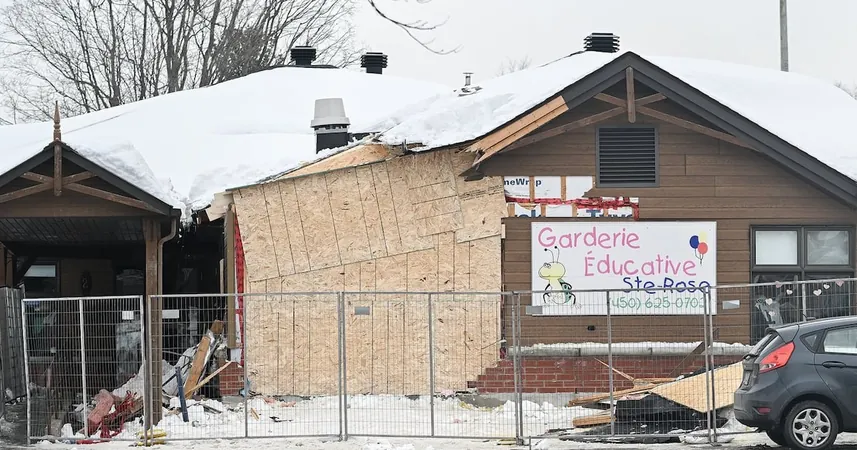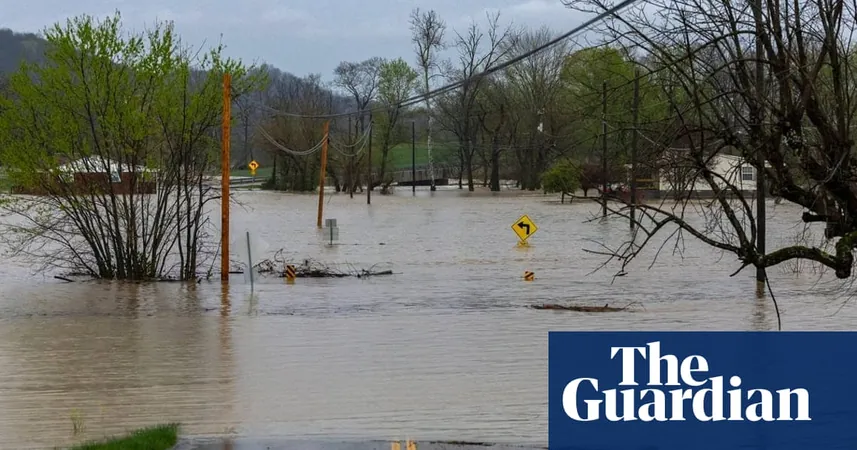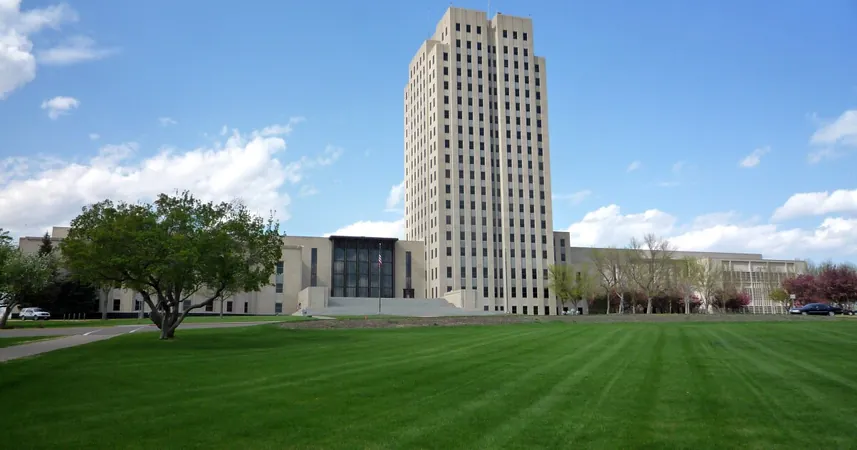
Pressure Mounts on Justin Trudeau as Quebec Liberals Demand His Resignation
2024-12-31
Author: Emma
Pressure Mounts on Justin Trudeau
Justin Trudeau is facing a significant revolt within his own party, with a growing faction of Liberal MPs, particularly from Quebec, demanding that he step down as Prime Minister. These calls arrive not only from Quebec but are echoed by Liberal representatives from Ontario and the Atlantic provinces.
Sources within the Quebec Liberal caucus reveal that a commanding majority of the province’s 33 MPs have expressed a desire for Trudeau to resign. Contributions to this sentiment intensified following the recent resignation of former finance minister and deputy prime minister Chrystia Freeland, which has shaken the confidence of many party members. Trudeau reportedly is contemplating his political future while on vacation in British Columbia this week.
In a desperate cry for change, New Brunswick Liberal MP Wayne Long took to social media to publicly share a letter from Atlantic caucus chair Kody Blois urging Trudeau to resign. Additionally, reports stated that many Ontario MPs have also privately voiced their dissatisfaction with the Prime Minister's leadership.
Despite the internal turmoil, the Quebec caucus has yet to have a formal meeting since Freeland's departure, although caucus chair Stéphane Lauzon has reached out to individual MPs to gauge their opinions. Feedback from these discussions indicates a stark agreement among members that Trudeau's resignation is in order.
One MP described the sentiment as a "clear consensus," while another termed it a “very substantial majority” favoring change. Lauzon reportedly communicated these sentiments in a recent meeting with provincial caucus chairs, including Brenda Shanahan.
However, no formal notice or letter has been presented to Trudeau directly from the Quebec caucus, as members await a response to their growing concerns. Chaotic internal dynamics are reflected in the sentiments of various MPs who feel frustrated with party leadership and their connection to grassroots concerns.
For instance, Montreal-area MP Alexandra Mendes stated there was a "general consensus" among her colleagues about the need for Trudeau’s departure. She also clarified that her constituents have conveyed similar messages, affirming widespread discontent with Trudeau’s leadership.
Moreover, amid these political upheavals, the Liberal Party’s strategy doesn’t seem to reflect the internal dissent. Recently, they launched a social media campaign featuring Trudeau, promoting his administration's policies such as dental care and affordable childcare. This juxtaposition of public promotion against a backdrop of increasing calls for resignation raises questions about the party’s direction and unity.
The pressure on Trudeau to make a definitive decision is palpable, as many within the party assert that a failure to act will lead to discontent and potential ramifications for the party in the upcoming elections. With the departure of prominent leaders like Freeland, the urgency for change before the next electoral cycle continues to mount.
The political landscape for the Liberals is undeniably precarious—will Trudeau heed the mounting pressure, or will he risk further alienation among his party members? As discussions heat up, the political future of the Prime Minister remains uncertain, and all eyes are on him following his return from vacation.









 Brasil (PT)
Brasil (PT)
 Canada (EN)
Canada (EN)
 Chile (ES)
Chile (ES)
 Česko (CS)
Česko (CS)
 대한민국 (KO)
대한민국 (KO)
 España (ES)
España (ES)
 France (FR)
France (FR)
 Hong Kong (EN)
Hong Kong (EN)
 Italia (IT)
Italia (IT)
 日本 (JA)
日本 (JA)
 Magyarország (HU)
Magyarország (HU)
 Norge (NO)
Norge (NO)
 Polska (PL)
Polska (PL)
 Schweiz (DE)
Schweiz (DE)
 Singapore (EN)
Singapore (EN)
 Sverige (SV)
Sverige (SV)
 Suomi (FI)
Suomi (FI)
 Türkiye (TR)
Türkiye (TR)
 الإمارات العربية المتحدة (AR)
الإمارات العربية المتحدة (AR)